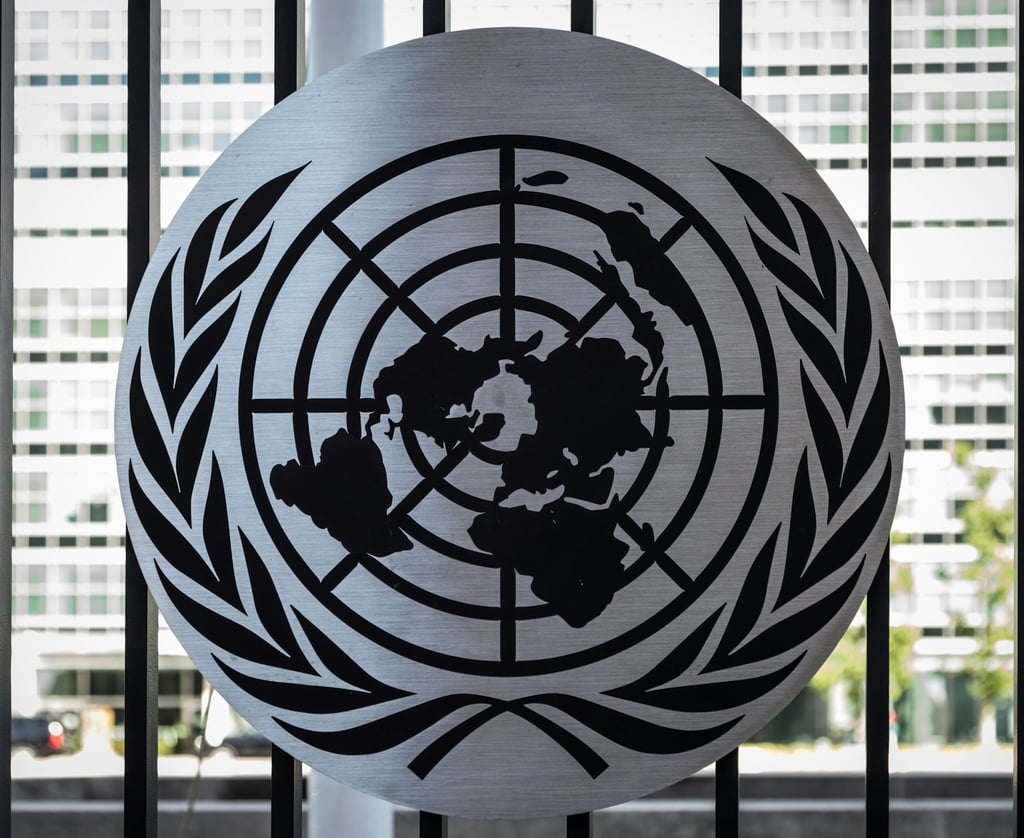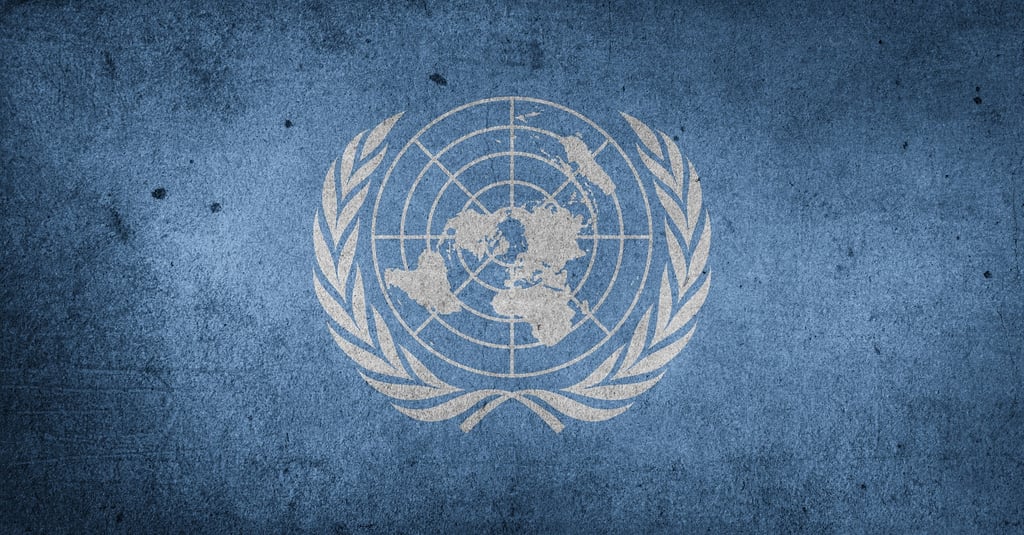Three Fundamental Problems with the United Nations
Why the UN is ineffective when it really matters
5/11/20244 min read
The United Nations (UN) was established in the ashes of WW2 with the goal of promoting peace, security, and cooperation among its member states. It has made significant contributions to global governance, and human rights.
However, a bureaucratic body made up of (currently) 193 different member states was always going to encounter challenges. Big challenges. Recent conflicts around the world, and in particular, Israel's war on Gaza have brought worldwide attention to these flaws which are unfortunately written into the very structure of the organisation.
1. Lack of Enforcement Mechanisms
One of the most significant flaws with the UN is its lack of effective enforcement mechanisms. While the UN has the authority to make decisions and resolutions, it often struggles to enforce them. This is primarily due to the fact that the UN relies heavily on the cooperation and consent of its member states to implement and enforce its decisions.
When the UN Security Council passes a resolution, it requires the cooperation of all its permanent members, who hold veto power, to ensure its implementation. However, if any of the permanent members choose to veto a resolution, it effectively renders the decision ineffective. This leads us to the 2nd major flaw.
2. Unfair use of the veto system
A major flaw with the UN is the unfair use of the veto system by the five permanent members of the Security Council. The veto power, granted to the United States, Russia, China, France, and the United Kingdom, allows them to block any resolution, regardless of the level of support from other member states. This gives these five countries disproportionate influence over the decision-making process within the UN. The veto power has repeatedly been used by these countries to protect their own interests and prevent actions that they perceive as contrary to their strategic objectives. This often leads to gridlock and inaction, on issues that require immediate attention, when resolutions that have broad support are blocked by a single veto.
This undermines the democratic principles of the UN and hampers its ability to address global challenges.
Perhaps one of the largest problems with this is that the permanent members of the Security Council gain such an advantage over the other states, that they would be unlikely to accept any attempts to change the system.
3. Issues with the Voting System
The voting system within the UN General Assembly also suffers from flaws that do not adequately reflect the population size of member states. Currently, each member state, regardless of its size or population, has one vote in the General Assembly. This means that tiny countries such as Tuvalu, with a population of just over 10 thousand have the same voting power as larger countries, like India, with 1.4 billion people.
Proponents of the one-country-one-vote system, argue that it prevents larger nations from bullying the smaller ones, who often have very unique challenges of their own to deal with.
While this can sound like a reasonable point, it can result in decisions that do not accurately represent the will of the majority or reflect the realities of the global population. In the recent proposal to grant the state of Palestine more rights within the UN, there were 143 votes in favour, and 9 against. 2 of the nations who voted against the resolution were Nauru and Palua, who have a combined population of less than 30 thousand inhabitants.
Smaller countries having disproportionate influence in the decision-making process leads to decisions that are not in the best interest of the international community as a whole.
How to fix it
The United Nations was set up largely to replace its predecessor, the League of Nations which was widely blamed for having failed to prevent WW2. The recent issues have highlighted the need for another restructuring, although they also highlight the difficulties of undertaking such a challenge.
As mentioned above, the 5 permanent members of the security council will simply never surrender their veto powers without a fight. This means they either agree to relinquish some power to other countries, or the whole thing needs to be dismantled. Similarly, Tuvalu are probably quite satisfied with the current arrangements. The countries most likely to feel underrepresented are larger or more influential countries, who do not have a place on the permanent security council.
Quite what populous countries such as India gain from UN membership is unclear, and doubtlessly, they would favour the creation of a whole new system that represented their size, and global influence more suitably.
For the sake of humanity, a new form of the UN has to be created, one designed to give fairer representation to the majority of the members. This creates problems of its own, and while governments continue to focus purely on maintaining power and advancing their own interests like ruthless corporations, the solutions we need will continue to be out of reach.
Should a country's international representation be related to the size of their populace, their GDP or the strength of their military?
Ideally we would base it on their human rights record.




Pic by Chickenonline


